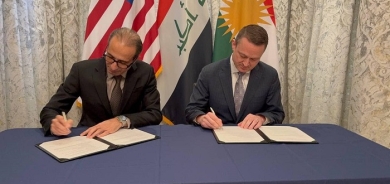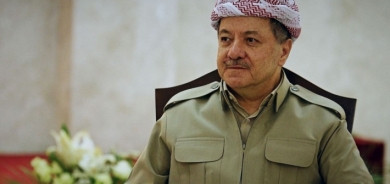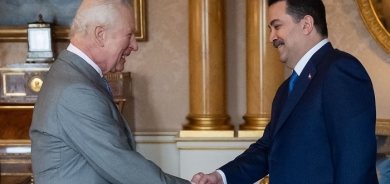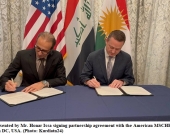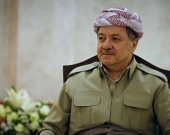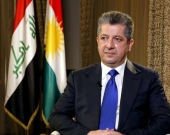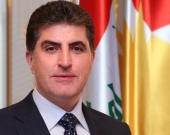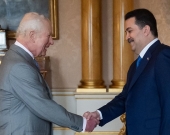Diplomats test waters on U.N. Syrian aid resolution

Diplomats have started exploring whether they would be able to get enough votes to pass a U.N. Security Council resolution to help aid groups get into Syria as the death count mounts, a French diplomatic source said on Wednesday.
The civil war has killed more than 100,000 people and left millions in desperate need of aid, say humanitarian groups.
France’s foreign minister said on Monday the Security Council, which has been deadlocked over how to respond to the war, needed to act with a resolution to tackle the humanitarian crisis.
“There are ideas that are still being worked on to see if, at least on the humanitarian side, it would be possible to have a resolution on access,” the French diplomatic source said.
“At this stage it is a reflection, but it’s not certain it will lead anywhere,” the source added.
Security Council members China and Russia have already blocked three resolutions backed by the United States and European powers aimed at sanctioning Syrian President Bashar al-Assad.
The Council will hold an informal meeting with members of the opposition Syrian National Coalition (SNC) on Friday to discuss humanitarian access, how to end the violence and other issues, Britain’s U.N. envoy said on Tuesday.
Ahead of that meeting, newly elected SNC leader Ahmed al-Jarba and rebel military commander General Salim Idriss met French President Francois Hollande and other officials in Parison Wednesday, to lobby for military and humanitarian aid.
Suhair al-Atassi, vice president of the coalition who is in charge of its Aid Coordination Unit, told reporters on Wednesday13 million people needed help.
“There is a big gap between the humanitarian needs on the ground and what the different donors give... There is a lack of everything inside Syria now,” said Atassi, who will be part of the delegation heading to the United States.
“It’s not just essential needs such as flour, tents or food, but also infrastructure in liberated zones where the Syrian state has to be rebuilt,” she added.
France, which has so far given some 170 million euros in aid, has been one of the few countries to funnel its cash through the coalition’s aid unit since it was set up last year.
Atassi said it had now received about $10 million out of$100 million pledge from Qatar, and expected $100 million from Saudi Arabia, as well as equipment worth $10 million from the United States and $5 million from Britain.
“It’s not simple. The majority of donations collected at conferences comes from the U.N., but it still considers the government of Assad as the legitimate government,” she said.
She said that the coalition was aiming to put in place its transitional government at a meeting on Aug. 3-4 that would then enable it to push its legitimacy at the United Nations to replace Assad’s government.


